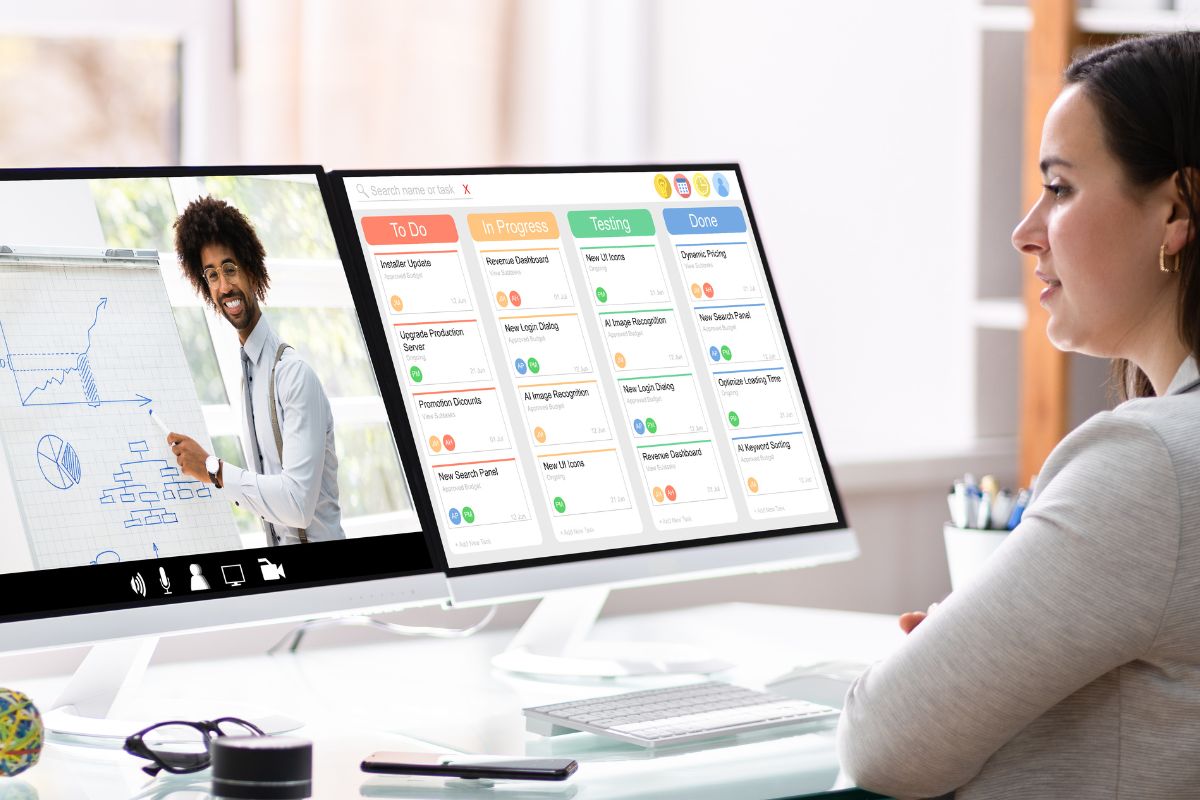In the rapidly evolving landscape of education, online courses have gained immense popularity. They provide flexibility, accessibility, and a vast array of learning opportunities for students worldwide. However, as the number of online courses increases, so does the need for evaluating online course effectiveness. Institutions, instructors, and learners must assess the quality and impact of these courses to ensure they meet educational goals and learner expectations.
The Importance of Evaluating Online Course Effectiveness
Evaluating online course effectiveness is crucial for several reasons. First, it helps educators identify areas of improvement. Feedback gathered from evaluations can guide instructors in refining course content, teaching methods, and overall learning experiences. This iterative process fosters continuous improvement, leading to better educational outcomes.
Second, evaluating digital course effectiveness ensures that courses align with institutional standards and accreditation requirements. Many educational institutions have specific criteria that online courses must meet. By regularly assessing course effectiveness, institutions can maintain quality assurance and uphold their reputations.
Lastly, understanding the effectiveness of online courses helps learners make informed decisions. With the proliferation of online courses, students must discern which offerings provide genuine value. By evaluating online course effectiveness, potential students can choose courses that align with their learning objectives and career goals.
Criteria for Evaluating Online Course Effectiveness

When assessing the effectiveness of an online course, several key criteria should be considered. These criteria can serve as a framework for educators and institutions to gauge the quality of their online offerings.
1. Learning Outcomes
The primary goal of any course is to facilitate learning. Evaluating online course effectiveness begins with assessing whether the course meets its stated learning outcomes. Are students acquiring the knowledge and skills they are expected to? Conducting assessments, quizzes, and project evaluations can provide valuable insights into student comprehension and mastery of the material.
2. Student Engagement
Engagement is a critical factor in online learning success. Evaluating online course effectiveness requires measuring how actively students participate in course activities. Are they completing assignments on time? Are they engaging in discussions and collaborating with peers? Utilizing tools such as discussion boards, polls, and interactive content can help gauge student engagement levels.
3. Course Content Quality
The quality of course content directly impacts its effectiveness. Evaluating online course effectiveness involves reviewing the relevance, accuracy, and comprehensiveness of the material presented. Are the resources up-to-date? Is the content delivered in an engaging manner? Gathering feedback from students about the course materials can provide valuable insights into their quality.
4. Instructor Effectiveness
Instructors play a pivotal role in online courses. Evaluating online course effectiveness necessitates assessing the teaching methods and availability of instructors. Are instructors responsive to student inquiries? Do they provide constructive feedback on assignments? Evaluating instructor effectiveness through student feedback and performance metrics can help identify areas for improvement.
5. Technological Usability
The technology used in online courses significantly impacts the learning experience. Evaluating online course effectiveness requires examining the usability of the learning management system (LMS) and other technological tools. Are students comfortable navigating the platform? Is the technology reliable and accessible? Conducting usability tests and collecting student feedback can help identify technical issues that may hinder learning.
Methods for Evaluating Online Course Effectiveness
There are various methods for evaluating online course effectiveness, each providing unique insights into different aspects of the course.

1. Surveys and Feedback Forms
Surveys and feedback forms are valuable tools for collecting student opinions on course effectiveness. These instruments can assess student satisfaction, engagement, and perceived learning outcomes. By analyzing the data collected from surveys, educators can identify strengths and weaknesses in their courses.
2. Data Analytics
Learning management systems often provide analytics that can reveal patterns in student behavior and performance. Analyzing data such as course completion rates, grades, and engagement metrics can provide a quantitative assessment of online course effectiveness. These insights can help identify at-risk students and inform instructional decisions.
3. Peer Reviews
Peer reviews involve having instructors assess each other’s courses. This collaborative approach fosters professional development and can lead to improved course quality. Evaluating digital course effectiveness through peer reviews allows for the sharing of best practices and innovative teaching strategies.
4. Case Studies
Conducting case studies on specific courses can provide in-depth insights into their effectiveness. By examining real-world examples, educators can identify successful elements and areas for improvement. Case studies often reveal best practices that can be applied to other courses, promoting a culture of continuous improvement.
5. Focus Groups
Focus groups involve gathering small groups of students to discuss their experiences with the course. This qualitative method allows for in-depth discussions that can uncover nuanced insights about the course’s effectiveness. Focus groups can provide valuable context to survey data and highlight specific issues that may not be captured through quantitative methods.
The Role of Continuous Improvement

Evaluating online course effectiveness is not a one-time event; it is an ongoing process. Continuous improvement is essential in the dynamic landscape of online education. Educators and institutions must regularly revisit their evaluation methods, adapt to changes in technology, and respond to student needs and feedback.
By fostering a culture of continuous improvement, institutions can ensure their online courses remain relevant, effective, and aligned with the evolving educational landscape. This commitment to evaluation and improvement ultimately leads to better educational experiences for students.
Conclusion
In conclusion, evaluating online course effectiveness is a multifaceted process that involves assessing learning outcomes, student engagement, course content quality, instructor effectiveness, and technological usability. By employing various evaluation methods such as surveys, data analytics, peer reviews, case studies, and focus groups, educators can gain valuable insights into the quality of their online offerings.
As online education continues to grow, the importance of evaluating online course effectiveness cannot be overstated. This process not only ensures that courses meet educational standards but also empowers learners to make informed decisions about their education. By embracing evaluation as a cornerstone of online learning, educators can create impactful and meaningful learning experiences that prepare students for success in their academic and professional pursuits

















